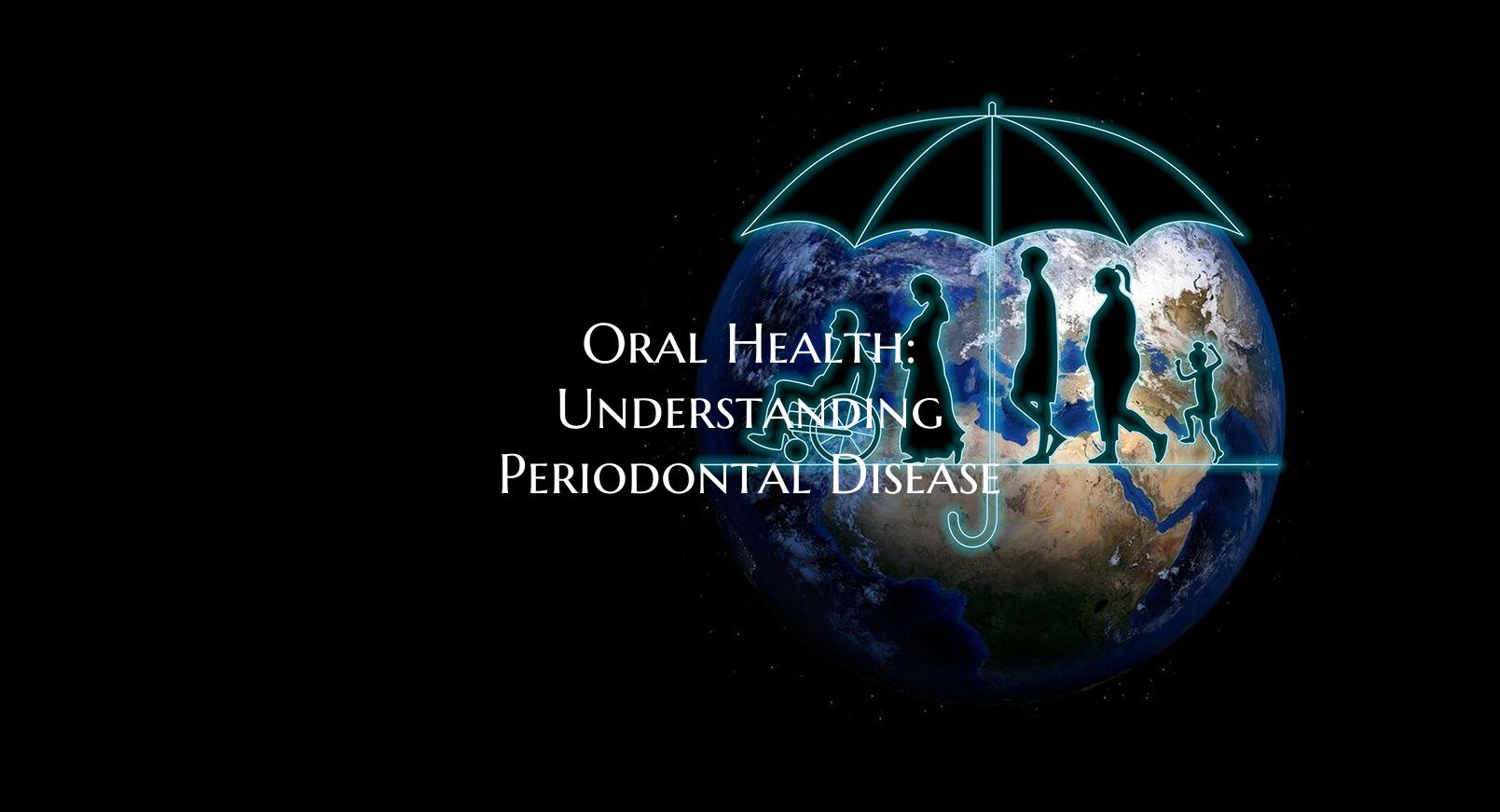
Oral Health: Understanding Periodontal Disease
Periodontal disease, also known as gum disease, is a common condition that affects the tissues surrounding the teeth. It is important to understand the causes, symptoms, and treatment options for this oral health issue to prevent complications and maintain good oral hygiene.
Causes of Periodontal Disease: - Poor oral hygiene: Not brushing and flossing regularly can result in the accumulation of plaque, a sticky film of bacteria, on the teeth. - Smoking: Tobacco use increases the risk of developing gum disease and can also make treatment less effective. - Genetics: A family history of gum disease can predispose an individual to developing the condition. - Hormonal changes: Fluctuations in hormone levels, such as during pregnancy or menopause, can make gums more sensitive and prone to inflammation. - Certain medications: Some medications can affect oral health and increase the risk of gum disease.
Signs and Symptoms of Periodontal Disease: - Swollen or bleeding gums - Persistent bad breath - Receding gums - Loose or shifting teeth - Pain or sensitivity in the gums
Treatment of Periodontal Disease: - Professional cleaning: This involves removing plaque and tartar buildup from the teeth and gum line. - Scaling and root planing: A deep cleaning procedure to remove bacteria from below the gum line and smooth the roots of the teeth to promote healing. - Antibiotics: In some cases, antibiotics may be prescribed to treat infection and inflammation. - Surgery: Advanced cases of periodontal disease may require surgical intervention, such as flap surgery or bone and tissue grafts.
Preventing Periodontal Disease: - Maintain good oral hygiene by brushing at least twice a day and flossing daily. - Schedule regular dental check-ups and cleanings to detect and treat gum disease early. - Avoid smoking and limit alcohol consumption. - Eat a balanced diet rich in fruits and vegetables to support overall oral health.
Understanding periodontal disease is crucial for maintaining a healthy smile. By practicing good oral hygiene habits, seeking regular dental care, and being aware of the signs of gum disease, you can protect your teeth and gums from the harmful effects of periodontal disease.